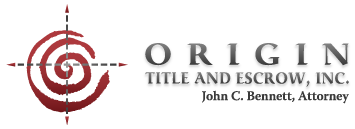
ARE PROPERTY TAXES PAID FROM AN ESCROW ACCOUNT WITH A REVERSE MORTGAGE?
Reverse mortgage loans do not require an escrow account, because the borrower receives money, rather than making payments. Since conventional mortgages are usually set up to include property tax and homeowner’s insurance, how does the reverse mortgage loan holder pay for those elements? The borrower acquires and pays for insurance independently, and pays taxes directly to the tax authority.
On-time payment is essential, because if the borrower has paid property taxes late within the last three years, the lender will likely require a LESA account — a Life Expectancy Set-Aside account, which sets aside enough money to pay the property taxes every year of the remaining expected lifetime. Taxes and insurance payments must be paid on time after closing as well. Failure to pay taxes and insurance is considered in default for reverse mortgages and can result in foreclosure.
Does the LESA account really impact the borrower? It can be a big number if the borrower is younger: in 2015, the lender required a $73,000 LESA account deposit for a 62-year old, city of Decatur borrower.
Loan officers and reverse mortgage specialists enjoy working with a closing attorney who can explain the rules, requirements, jargon and singularities in reverse mortgages to homeowners.
